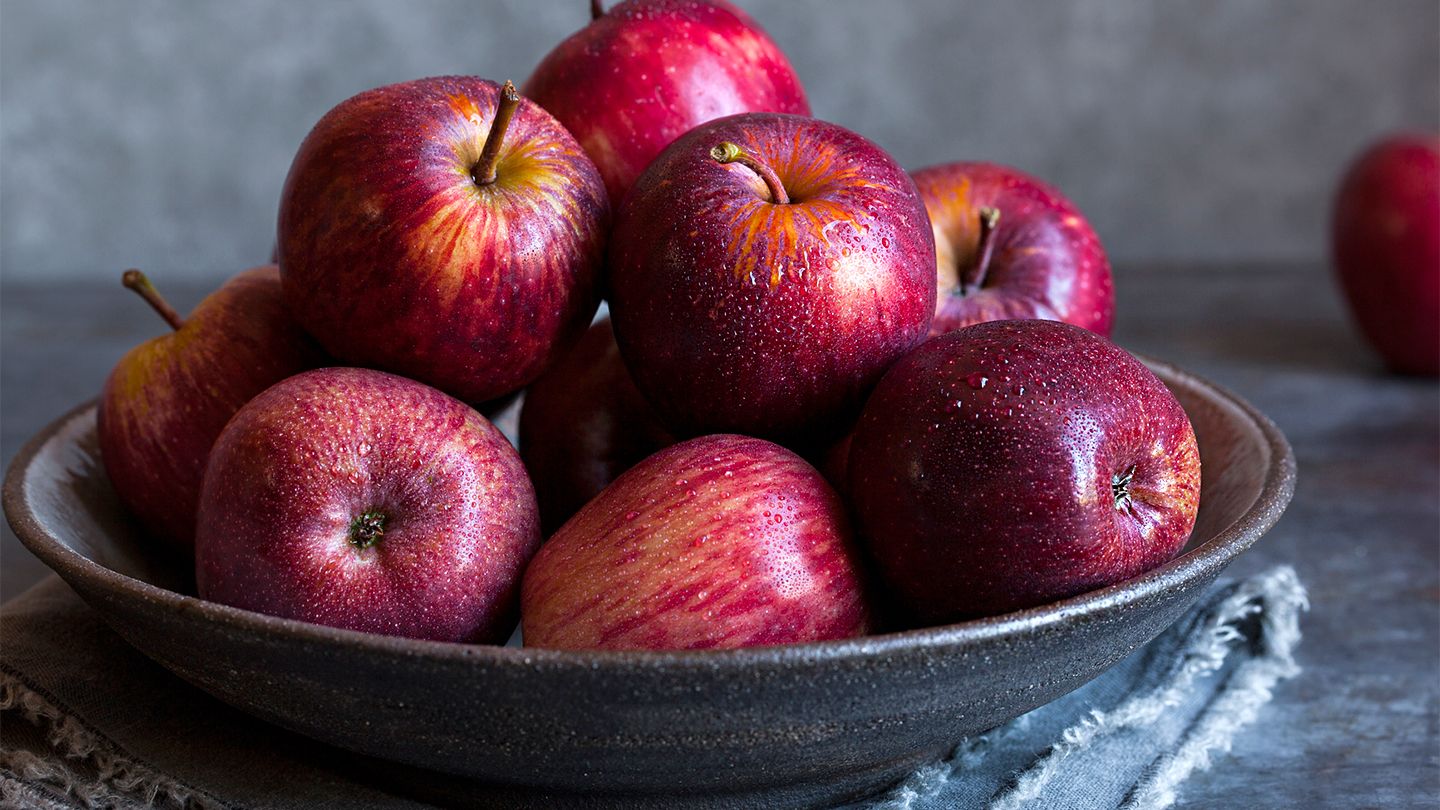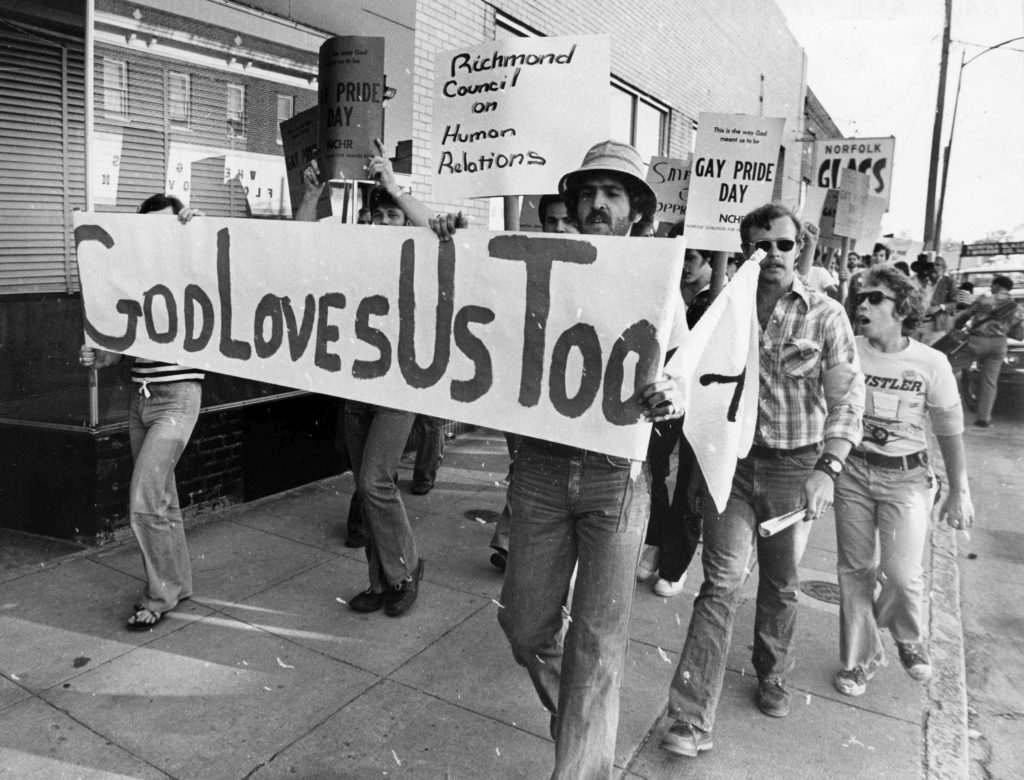1. The infamous fruit in the Garden of Eden? The Book of Genesis remains ambiguous regarding the specific type of fruit Eve tempted Adam with. In the Hebrew Bible, the term peri is used, which scholars suggest could refer to various fruits such as figs, grapes, pomegranates, apricots, or even wheat.
2. Another biblical mention of an apple appears in Psalm 17, where David addresses God, stating, "Keep me as the apple of your eye; hide me in the shadow of your wings." Is David assuming he's God's favorite? Not necessarily. Here, the use of "apple" is interpreted poetically, symbolizing the round shape of the eye's pupil.
3. Apples have long been associated with love; in Greek mythology, Paris believed his golden apple would win him Helen of Troy. Additionally, colonial New England folklore suggests that a young woman could divine her future husband's initial by peeling an apple in one strip and observing the letter it formed on the floor.
4. During the 18th and 19th centuries in the US, apples were often used for cider rather than pies. In rural areas, cider served as a substitute for wine, beer, coffee, tea, juice, and even water, as noted by author Michael Pollan in The Botany of Desire.
5. The adage "An apple a day keeps the doctor away" holds truth. With about 115 calories and five grams of fiber, apples, particularly their polyphenols and fiber, aid in balancing gut bacteria. It's advisable not to peel them, as two-thirds of the antioxidants and a significant portion of the fiber are found in the skin.
6. Despite their health benefits, apples contain amygdalin in their seeds, which can degrade into hydrogen cyanide when crushed or chewed. However, it would require consuming a large quantity—around 160 seeds—to pose a lethal threat to an adult.
7. The enzyme responsible for apples browning can serve a beneficial purpose, as it counteracts the pungent compounds in garlic. Thus, consuming an apple can help alleviate garlic breath.
8. While displaying apples in a bowl adds aesthetic appeal, storing them in the fridge prolongs their freshness, as lower temperatures slow the ripening process. Farmers utilize cold storage to extend the shelf life of their fruit for up to a month or two, as most apple varieties do not keep well beyond that.
9. How did apples become synonymous with one of the world's most affluent corporations? In the mid-1970s, during a car ride, Steve Jobs, having just finished pruning apple trees, proposed the name "Apple Computer" for their nascent company. The name was chosen for its lighthearted and non-intimidating nature, and also to gain a favorable listing in the phone book ahead of Atari and other competitors.
10. Interestingly, Apple was not the first prominent entity to adopt the name. In 1968, the Beatles founded Apple Corps to manage their creative endeavors. After Apple Computer's rise, both entities reached an agreement to keep their respective industries separate. However, this changed in 2003 when Apple Computer ventured into music sales through iTunes. It took seven more years before the Beatles allowed their music to be sold on iTunes.





























0 Comments